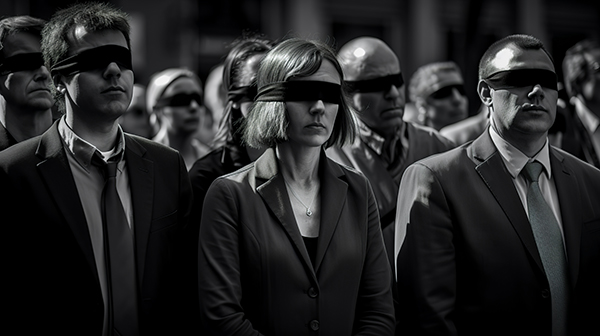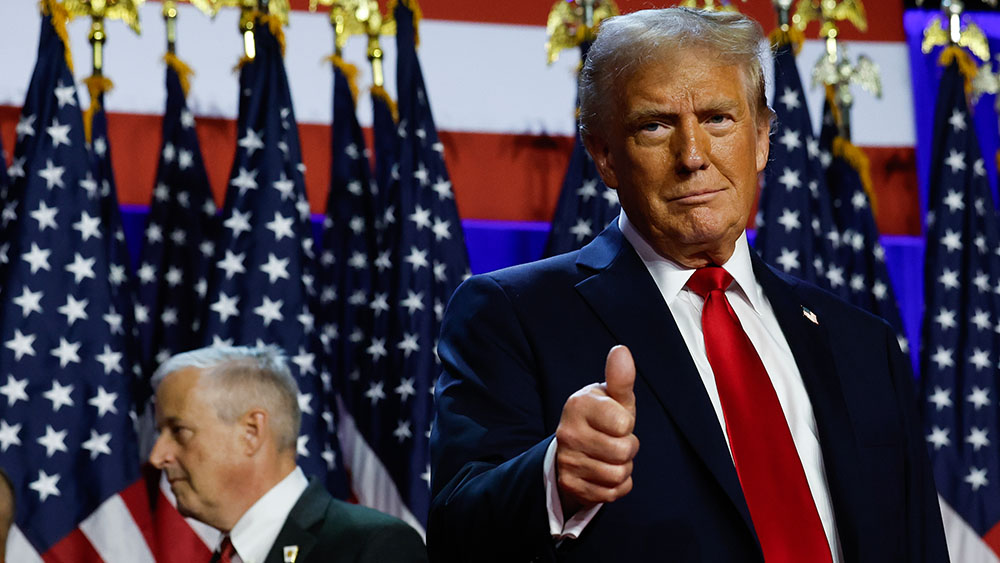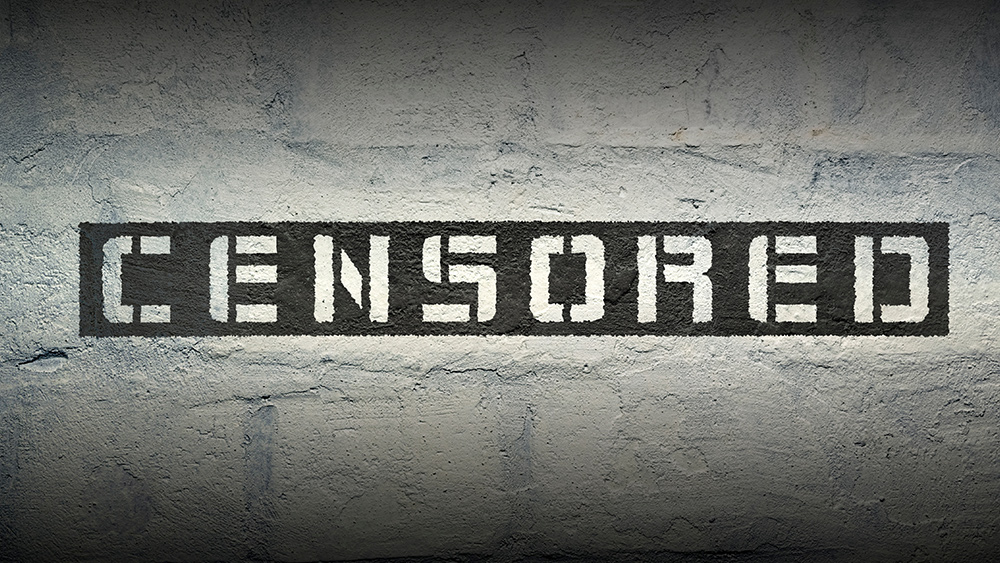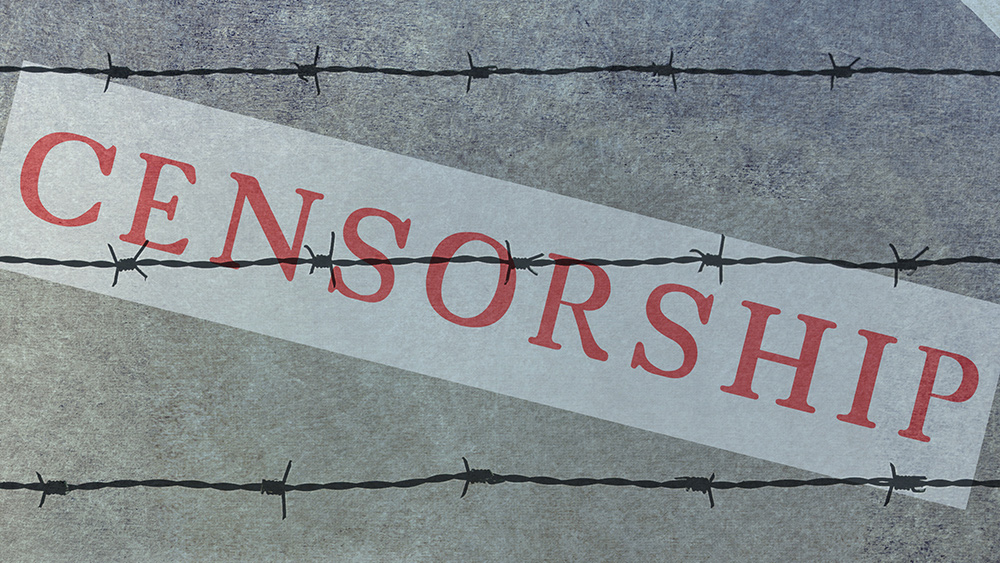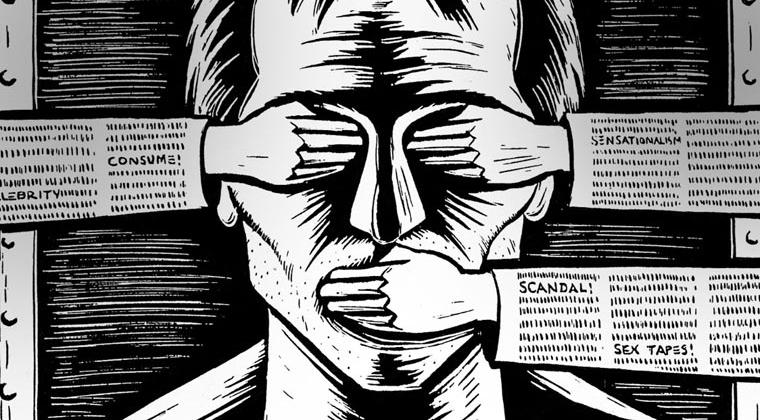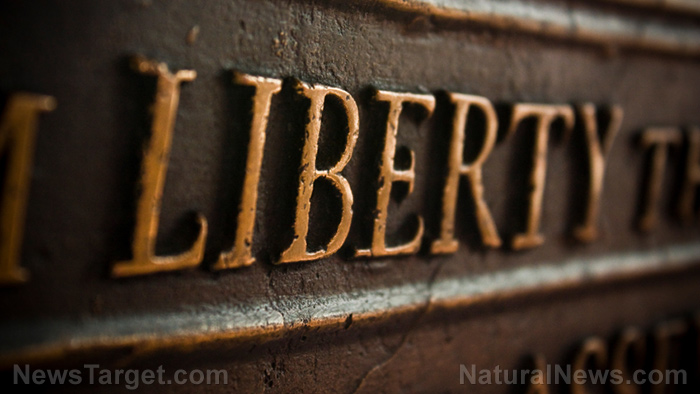New York Gov. Hochul inks online safety bill, igniting fresh concerns over FREE SPEECH
01/02/2025 / By Belle Carter
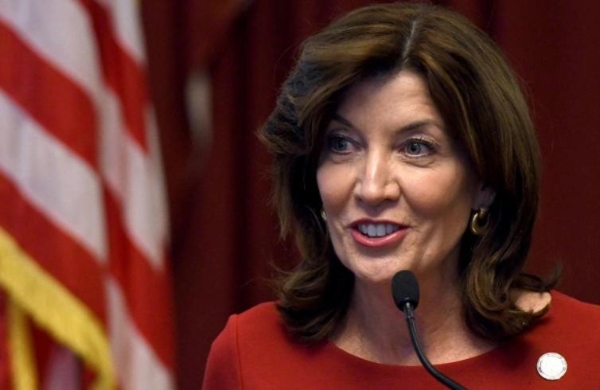
- New York Governor Kathy Hochul signed a package of laws aimed at curbing “hate speech” and disinformation on social media platforms.
- The legislation, primarily bill S895B/A6789B, requires social media companies to disclose their terms of service on “hate speech” and submit detailed reports to the state attorney general.
- Critics argue that the bill could erode free speech protections and lead to arbitrary censorship, similar to a previous law struck down by a federal court last year.
- Past attempts to regulate online content have been deemed unconstitutional, raising concerns about the new legislation’s adherence to the First Amendment.
- The new bill faces criticism for potentially entrenching tech giants’ influence over online discourse, stifling free speech, and imposing a one-size-fits-all standard on diverse communities. Legal battles by free speech advocates are anticipated.
New York Governor Kathy Hochul has signed a controversial package of legislation aimed at curbing online “hate speech” and disinformation.
While proponents hail it as a crucial step toward “Online Safety,” critics are sounding the alarm, warning that the bill is likely to erode free speech protections and usher in an era of arbitrary censorship.
At the heart of the legislation is S895B/A6789B, a bill that mandates social media companies to disclose their terms of service regarding “hate speech” and submit detailed reports to the state attorney general. The bill’s supporters, including Assemblymember Grace Lee and NY State Senator Brad Hoylman-Sigal, argue that these measures are necessary to combat the proliferation of misinformation and online toxicity.
But as the ink dries on this new law, a sense of deja vu is setting in. Just last year, Hochul championed a similar piece of legislation that was swiftly struck down by a federal court. The earlier law, which sought to regulate “hateful conduct,” faced a legal challenge from free speech advocates and was ultimately deemed unconstitutional. (Related: NY Gov. Kathy Hochul orders monitoring of social media platforms to flag criticism of Israel as “hate speech.”)
The parallels between the old and new laws are uncanny. Both attempt to define and regulate what they term “hate speech,” a slippery concept that has long been used to justify censorship and suppress dissenting voices. In the previous case, Judge Andrew L. Carter Jr. of the Southern District of New York ruled that the law violated the First Amendment, stating that it “compels social media networks to adopt speech policies aligned with the state’s definitions, violating their editorial discretion.”
So, what makes this new legislation any different? Unfortunately not much. The vague and subjective nature of “hate speech” definitions continues to be a major point of contention. Critics argue that these terms can be stretched and manipulated to fit any viewpoint, leaving online discourse vulnerable to arbitrary control by both government and tech corporations.
Lee’s defense of the new bill rests heavily on the narrative of the “dangers” of unregulated online spaces. During the pandemic, she claims, “hate and disinformation” spread like wildfire, necessitating stricter controls. But this argument, often deployed by those seeking to curb free speech, has a long and slippery history. It’s a classic example of using crisis as a pretext for expanded authority and control.
Lee’s criticism of Big Tech for failing to adequately police content is also a familiar refrain. But it’s worth noting that these companies have already become powerful gatekeepers, wielding immense influence over online discourse through their own content moderation policies. Adding the weight of state regulation could further entrench tech giants’ ability to police speech, rather than democratize the process.
Senator Hoylman-Sigal’s framing of the issue around identity-based violence and discrimination adds another layer of complexity. While it’s undeniable that the internet has become a breeding ground for harmful content, the proposed solution of stricter regulation feels like a non-starter. It risks imposing a one-size-fits-all standard on diverse communities, potentially stifling nuanced and difficult conversations.
NY legislation follows Britain’s “Online Safety Bill”
The history of free speech regulation in the United States is a cautionary tale. Time and again, efforts to define and limit “unacceptable” speech have backfired, leading to overreach, censorship and the erosion of democratic discourse. In the wake of the U.K.’s Online Safety Bill, which Hochul’s office has now explicitly cited as a model, the New York legislation appears to be following a similar path.
The Foundation for Individual Rights and Expression (FIRE) and other free speech advocates are already gearing up for a legal battle. Eugene Volokh, a prominent First Amendment scholar, has warned of the bill’s chilling effect on protected speech. If the past is any guide, this new law will likely face similar scrutiny and, ultimately, rejection in the courts.
As New York embarks on this latest experiment in regulating online speech, the question remains: Will this legislation ultimately enhance online safety or simply create a more oppressive digital landscape? History suggests that the answer is more likely the latter. It’s time for citizens to wake up and fight back against these insidious attempts to control our voices and thoughts.
Watch the video below that talks about Hochul facing calls for resignation after her response to an NYC subway murder.
This video is from the NewsClips channel on Brighteon.com.
More related stories:
NY Gov. Kathy Hochul wants to spend another $2.4B on benefits for illegal immigrants.
Sources include:
Submit a correction >>
Tagged Under:
Big Tech, Censorship, conspiracy, cyber war, fascism, free speech, freedom, Glitch, Hate speech, insanity, Kathy Hochul, left cult, Liberty, online safety, Orwellian, outrage, Social media, speech police, Suppressed, thought police, Tyranny
This article may contain statements that reflect the opinion of the author
RECENT NEWS & ARTICLES
COPYRIGHT © 2017 CENSORSHIP NEWS


